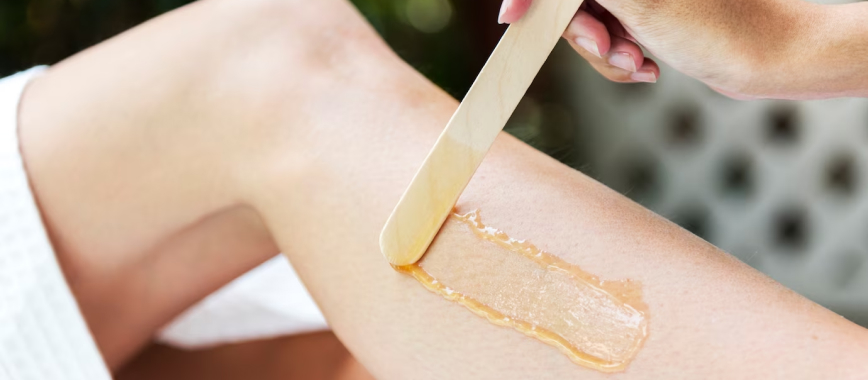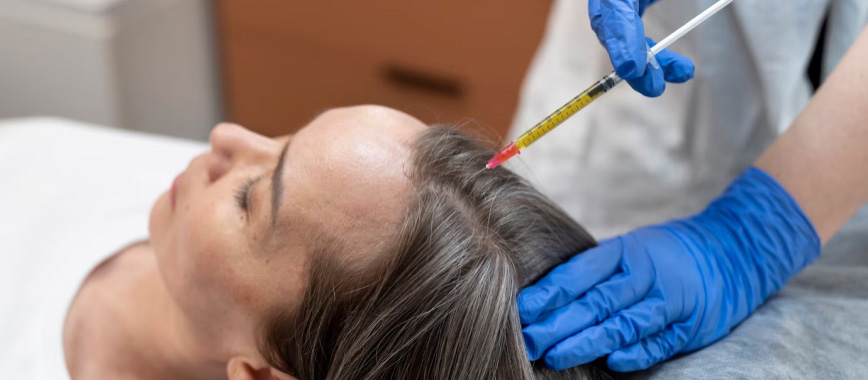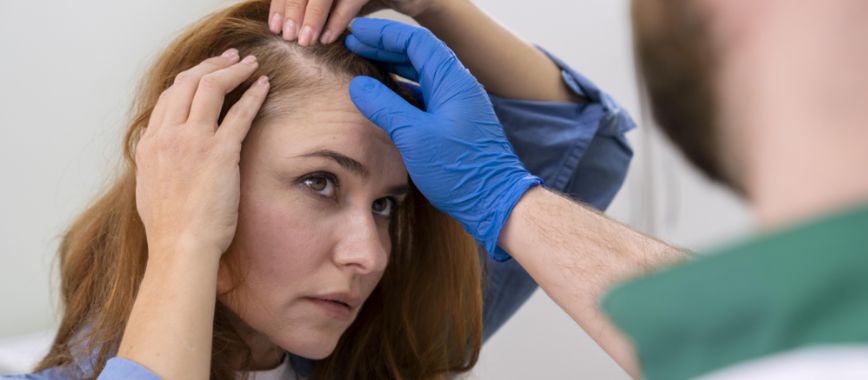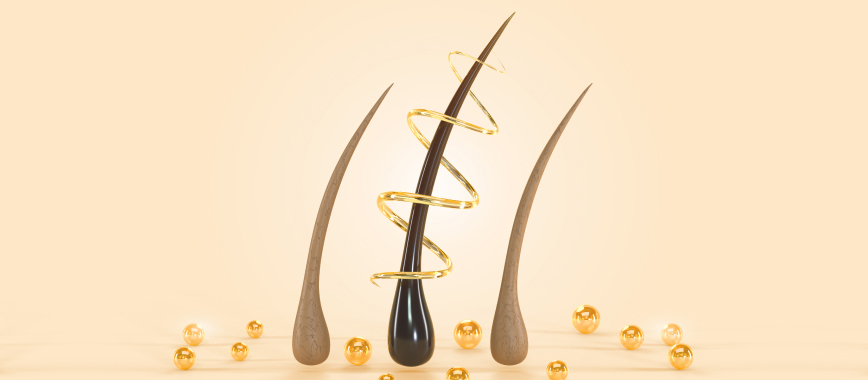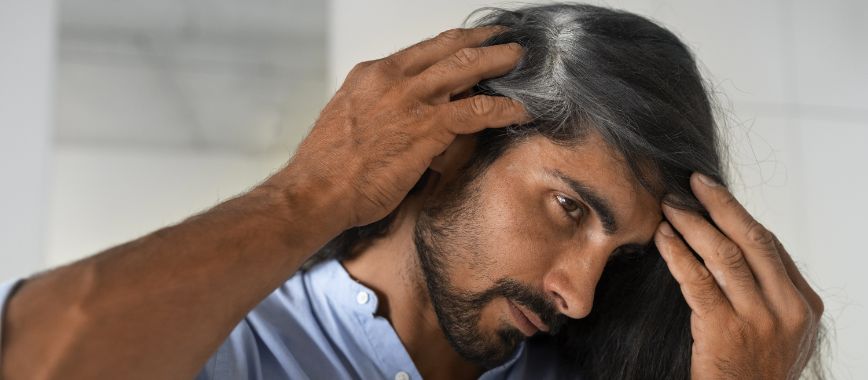Search Healthy Tips here
- Please wait..
Explore categories
What Are The Causes Of Eating Nails?

Nail biting, also known as onychophagia, is a common habit that many people struggle with. It is often considered a nervous habit or a way to cope with stress and anxiety. Nail biting can have various underlying causes, and understanding these causes can help individuals address the habit effectively. Here are some of the common causes of nail biting:
Stress and Anxiety:
One of the primary causes of nail biting is stress and anxiety. When individuals feel overwhelmed or anxious, they may resort to nail biting as a way to release tension and provide temporary relief. The repetitive motion of biting nails can serve as a soothing mechanism, albeit temporarily.
Emotional Triggers:
Emotional triggers, such as boredom, frustration, or nervousness, can lead to nail biting. Individuals may unconsciously start biting their nails when faced with certain emotions or situations that make them uncomfortable or restless. It becomes a subconscious habit triggered by specific emotional states.
Perfectionism and Obsessive-Compulsive Disorder (OCD):
People with perfectionistic tendencies or those diagnosed with OCD may engage in nail biting as a result of their need for perfection and control. Nail biting becomes a compulsive behavior driven by the desire to achieve a smooth or even appearance of the nails.
Imitation and Learned Behavior:
Nail biting can also be learned through observation or imitation. Children, in particular, may pick up the habit by observing their parents, siblings, or peers biting their nails. It can become a subconscious behavior that persists into adulthood if not addressed.
Nail Irregularities or Injuries:
Irregularities or injuries to the nails, such as rough edges, hangnails, or ingrown nails, can trigger nail biting. The individual may attempt to "fix" the issue by biting or tearing the affected nail, which can further worsen the condition and perpetuate the habit.
Lack of Awareness:
Some individuals may engage in nail biting out of habit, without being consciously aware of it. It becomes an automatic behavior that occurs when their attention is focused elsewhere, such as during work, reading, or watching television.
Dental Issues or Oral Stimulation:
Nail biting can sometimes be associated with dental problems or oral stimulation. Individuals who have misaligned teeth, jaw issues, or a constant need for oral stimulation may find themselves resorting to nail biting as a way to fulfill that oral sensation.
Habitual Behavior:
Nail biting can become a habit over time, reinforced by repetition. The more frequently an individual engages in nail biting, the more ingrained the habit becomes, making it increasingly challenging to break.
It is important to note that nail biting can have negative consequences on one's health. It can lead to infections, damage to the nail bed, dental issues, and transmission of germs or bacteria from the hands to the mouth. If nail biting becomes severe, persistent, or interferes with daily functioning, seeking professional help from a therapist or counselor specializing in habit reversal techniques can be beneficial.
Breaking the habit of nail biting requires self-awareness, identifying triggers, finding alternative coping mechanisms, and practicing stress management techniques. It may also involve keeping the nails trimmed and well-maintained, applying bitter-tasting nail polishes or coatings to deter biting, and seeking support from family and friends.
Remember, overcoming nail biting is a gradual process that requires patience, persistence, and a proactive approach. By addressing the underlying causes and implementing effective strategies, individuals can successfully break free from this habit and maintain healthier nails and overall well-being.




